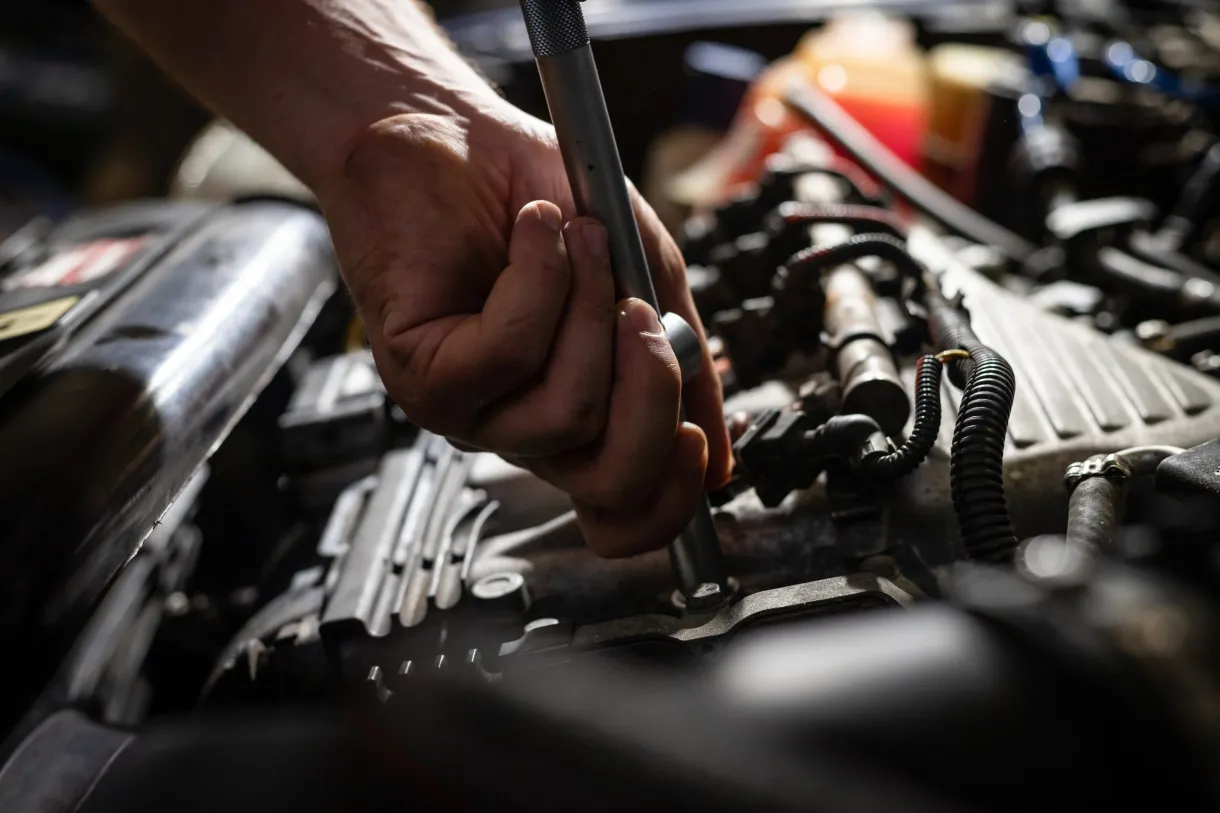
Table of Content
▼Fuel is one of the essential components your engine needs to run efficiently. Anything that might affect the flow of fuel to the engine will result in poorer performance or, at worst, cause your engine not to run at all. Luckily, not all issues are as severe or expensive to repair as you might think. In this article, we explore common problems with your vehicle's fuel system and how quickly they can be fixed.

Faulty Fuel Pumps
There are several tell-tale signs that a fuel pump may be failing:
-
Noisy Operation: A loud clicking or whining noise when the engine is running, even at idle, can be a clue.
-
Starting Problems: If the starter motor works but the engine is hard to start, especially in the morning, the fuel pump might be struggling to supply enough fuel.
-
Misfires and Power Drops: Misfires or sudden decreases in power while driving could indicate a fuel pump issue.
-
Engine Stalling: The engine might cut out when idling at traffic lights.
-
Sluggish Acceleration: If the car accelerates sluggishly, the fuel pump could be the culprit.
-
Increased Fuel Consumption: A failing fuel pump can also lead to higher fuel consumption.
Tip: Continually driving with low fuel levels can wear out the fuel pump prematurely. The fuel not only powers the engine but also lubricates and cools the pump.
Quick Fix: Sometimes, the problem isn’t the pump itself but a faulty relay or corroded connections. Make sure to check these before replacing the fuel pump entirely.
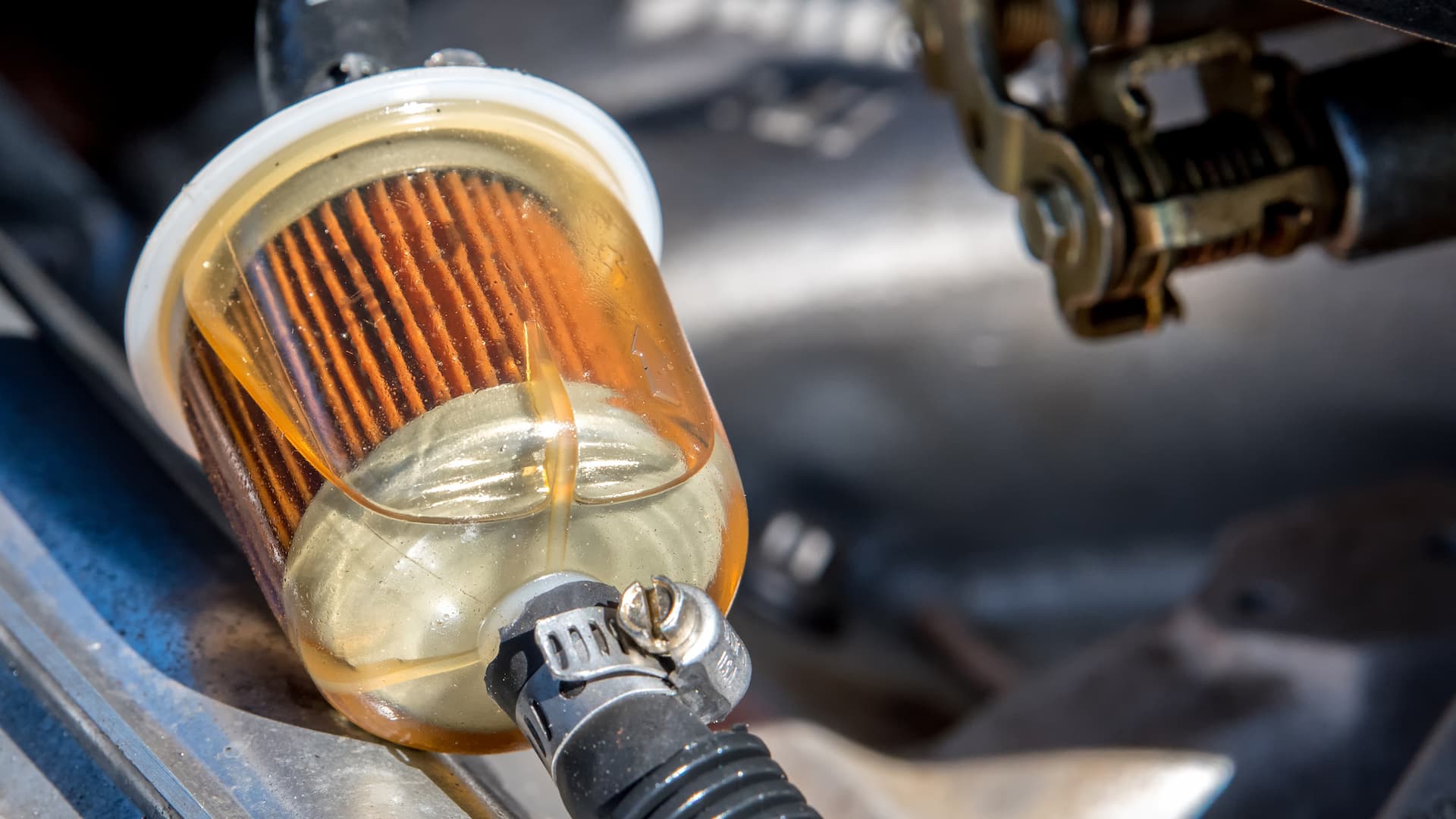
Fuel Filter Issues
The fuel filter prevents contaminants from entering the fuel injectors and engine.Indicators of a clogged fuel filter include:
-
Lack of Engine Responsiveness: Hesitation when applying the throttle.
-
Stalling: The engine stalls or struggles to maintain idle.
-
Starting Trouble: Difficulty starting the engine.
Quick Fix: Replacing the fuel filter is usually a simple and quick repair. If your vehicle hasn’t been serviced in a while, it’s worth adding the fuel filter to the list of serviceable items.
Also Read: AdBlue Explained: Guide to Cleaner Diesel Cars
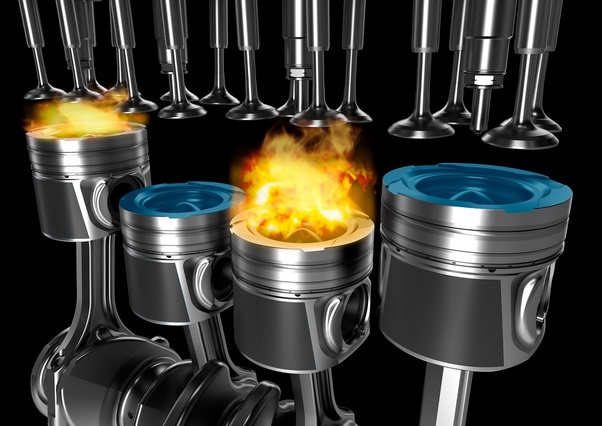
Poor Quality Fuel
Using poor quality fuel can affect your vehicle's performance. Symptoms include:
-
Sluggish Performance: The car may feel less responsive.
-
Starting Issues: Difficulty starting the engine.
-
Engine Misfires or Backfires: Poor quality fuel can cause these issues.
-
Engine Warning Light: Poor fuel quality might trigger this light.
Quick Fix: If you suspect bad fuel, stop driving and consider having the fuel tank drained and cleaned. To avoid this, buy fuel from recognized, busy retailers where fuel is likely to be fresher.
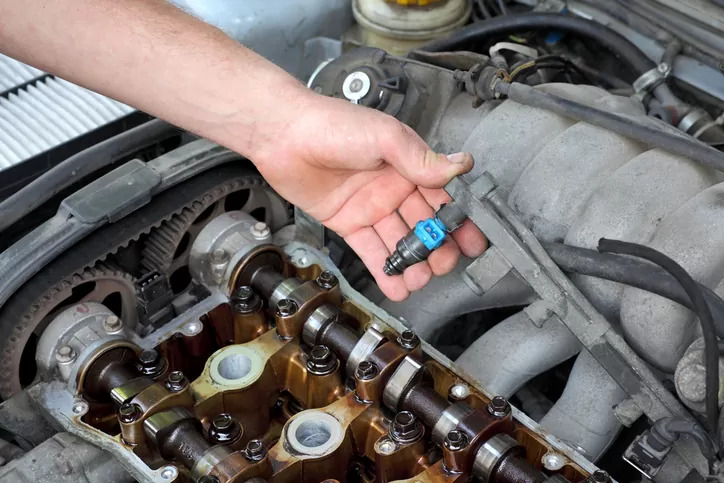
Fuel Injector Problems
Problems with fuel injectors can be noticeable:
-
Starting Difficulty: Hard to start the engine.
-
Poor Idle: The engine idles roughly.
-
Increased Fuel Consumption: Higher than usual fuel consumption.
-
Failed Emissions Test: A sign that an injector may not be working properly.
Quick Fix: Fuel injectors can sometimes be cleaned with additives or ultrasonic cleaning. If this doesn’t work, the injector may need to be replaced..
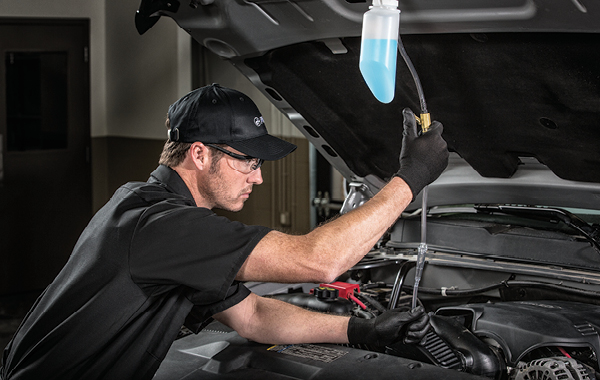
Fuel System Cleaners
Cleaning your vehicle’s fuel system can improve performance. Using a fuel system cleaner in your fuel tank can:
-
Clean the Fuel Tank: Remove contaminants from the tank.
-
Clear Fuel Lines: Ensure even fuel flow to injectors and cylinders.
-
Lubricate Engine Components: Add extra lubrication to valves, cylinders, injectors, and rings.
-
Break Down Residue: Improve engine smoothness and fuel economy.
Quick Tip: Using a fuel system cleaner is especially beneficial if you’ve purchased an older vehicle with an unknown service history.
Understanding common fuel system problems and their fixes can keep your car running smoothly and save you from costly repairs. Whether it's a faulty fuel pump, a clogged fuel filter, or bad fuel, knowing the signs and quick fixes will help you maintain your vehicle and enjoy a better driving experience.
Also Read: Synthetic oil vs normal oil for cars: Which one to choose?
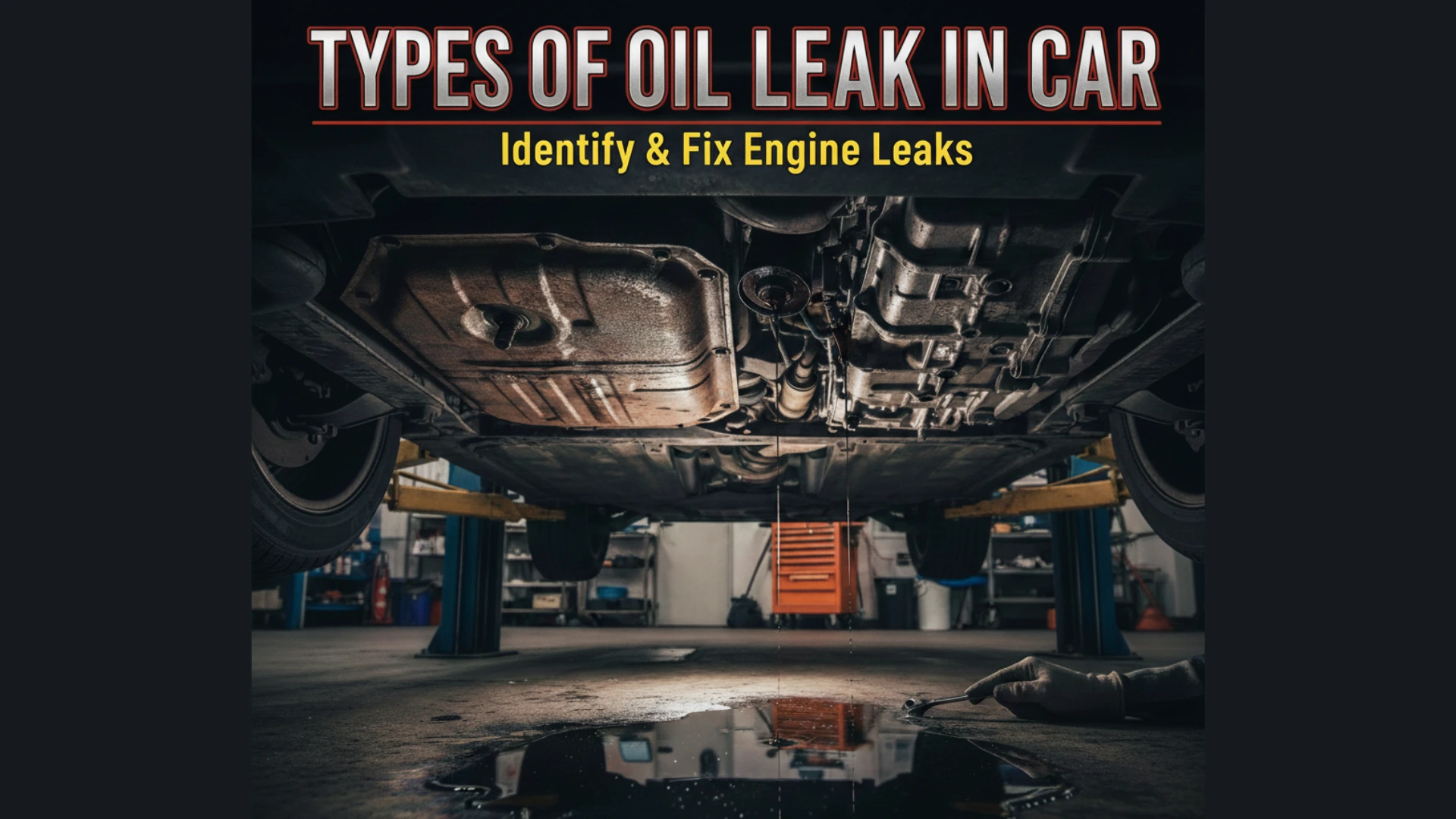
_1771411501.webp)


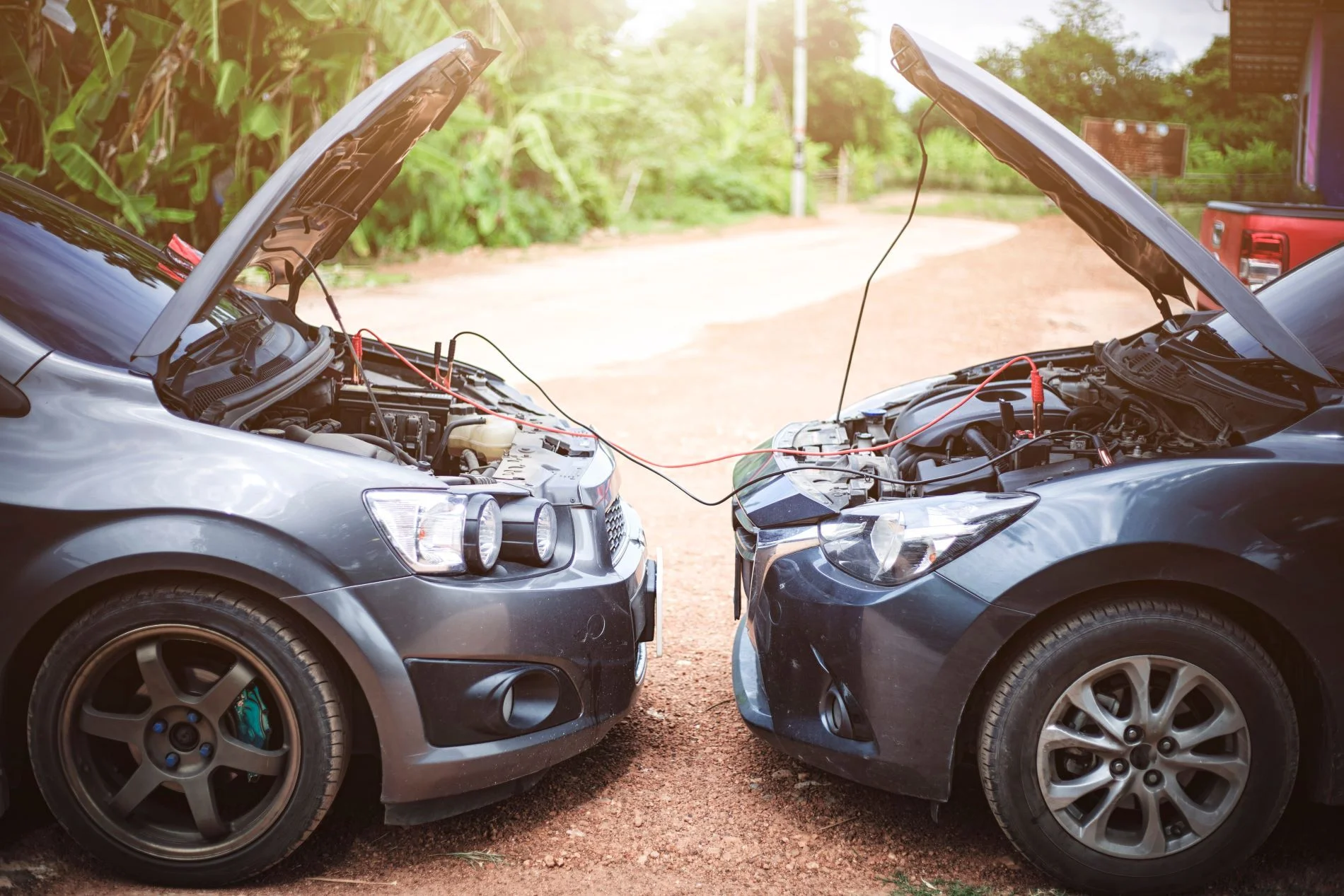
_1716965609.webp)